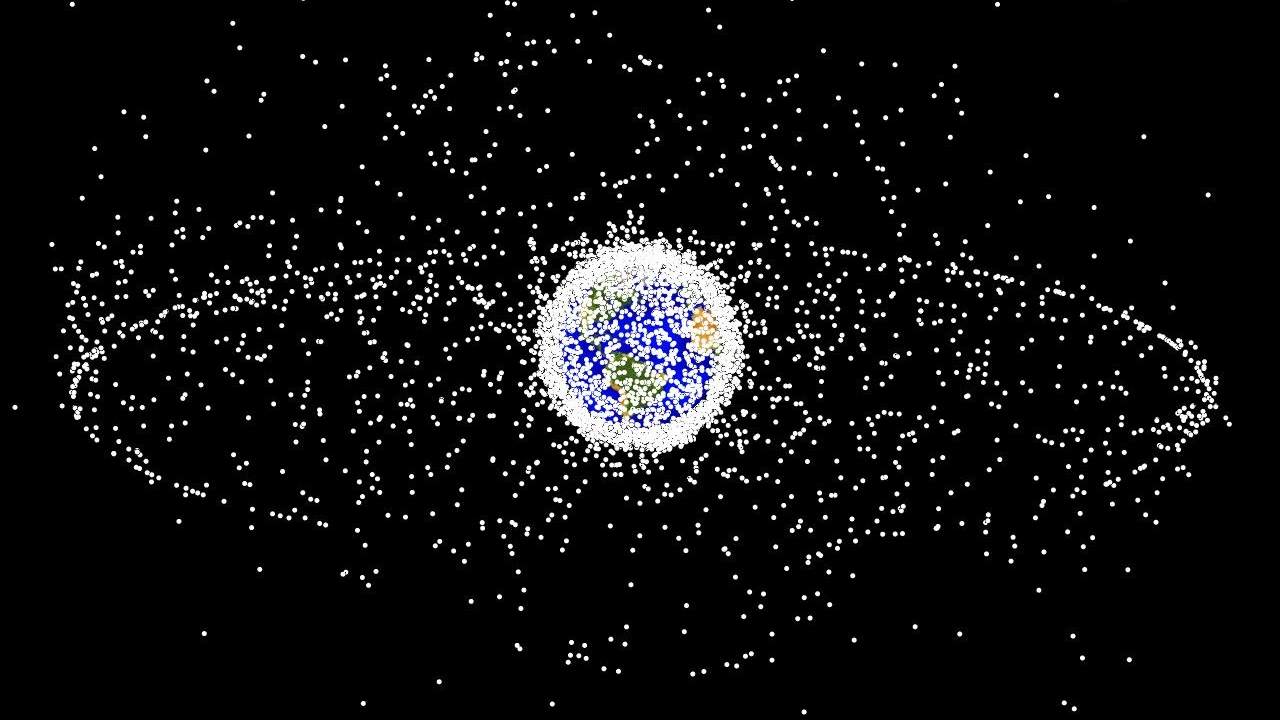Russia’s space agency Roscosmos has confirmed that an old rocket used in past launches broke down on 8 May. The Fregat-SB upper stage rocket was floating in space after it was used to deliver Spektr-R, a Russian scientific satellite, to its orbit in the year 2011. Roscosmos is still adjudging the severity of the situation. But the American 18 Space Control Squadron (18 SPCS), a US Airforce unit that detects and tracks all artificial objects in Earth’s orbit, has identified 65 associated pieces from the incident. It also said that no signs of a collision were found.
Often, space agencies launch satellites into space with some parts like the upper stage rocket left floating. These are necessary to correctly launch the machinery but lead to debris being accumulated in orbit. The increasing amount of space junk can prove to be harmful to future launches and scientists must factor in the location of the debris before sending up any satellites. [caption id=“attachment_8359541” align=“alignnone” width=“1280”] A computer-generated image of objects in Earth orbit that are currently being tracked by the US Air Force. Roughly 95% of the these objects are debris/not-functional satellites. Image credit: NASA[/caption] The
United Launch Alliance (ULA) of the American Institute of Aeronautics and Astronautics revealed in a paper that several launch vehicle upper stages lack the “propulsive capability” of “de-orbiting themselves after placing their payload into orbit”. The ULA has found that if space agencies use technologies that enhance disposal capabilities, the cost involved in manoeuvring satellite vehicles to “preclude possible collisions” can be considerably lowered. According to the news agency AFP, the Russian space agency had said in a statement that “the breakdown [of Fregat-SB had] happened on May 8 2020,” above the Indian Ocean. “Currently we are working to collect data to confirm the quantity and orbit parameters of the fragments,” the statement added. The report said that the radio telescope inside Spektr-R had stopped responding to ground signals in January of 2019 and a few months later, the mission was closed down.


)
)
)
)
)
)
)
)
)



